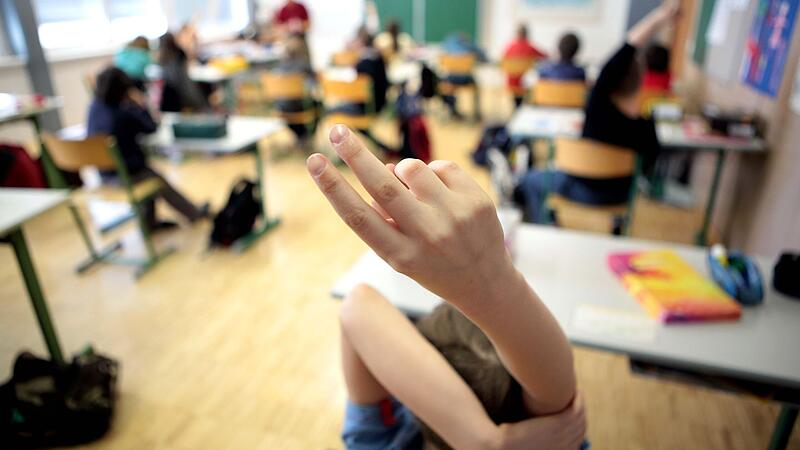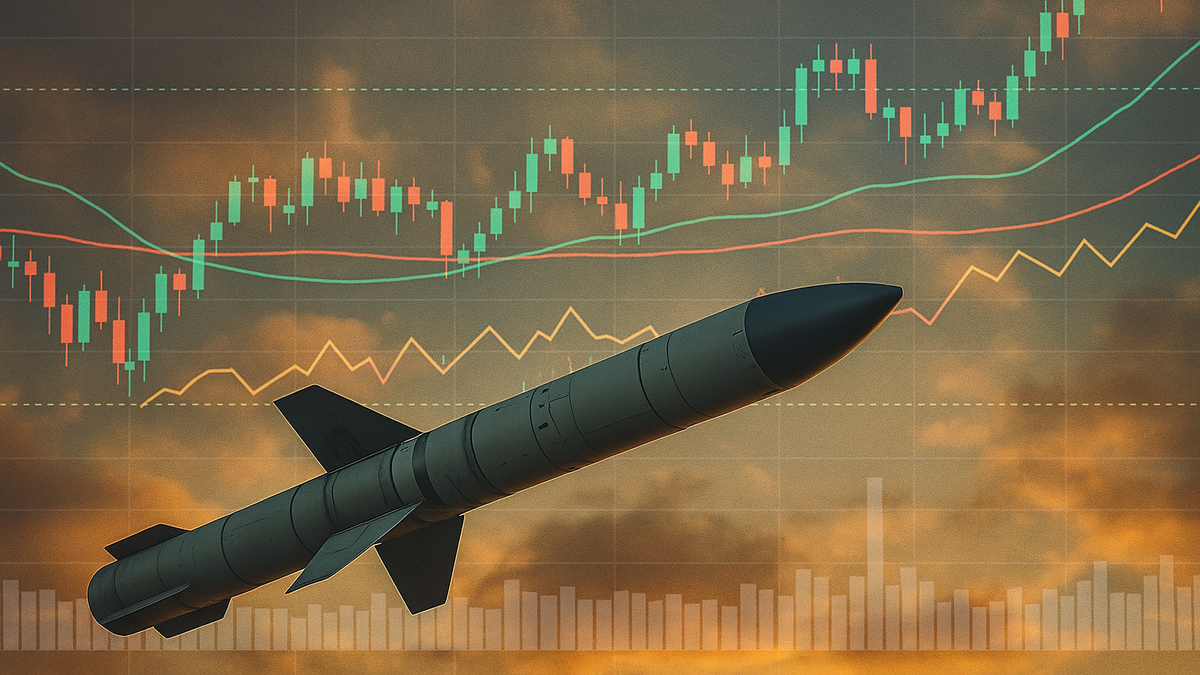Image: (vowe)
In Austria, the level of education is inherited to a greater extent than in other countries, as the international primary school reading comparison study PIRLS has recently proven. While the performance gap between children with low and high socioeconomic status has at least not widened in PIRLS since the corona pandemic, in a recent study by the University of Vienna, 84 percent of the 458 teachers surveyed stated that educational inequality had continued to increase. For the team led by Susanne Schwab, which has surveyed teachers from all over Austria online four times since May 2020 on the subject of inclusive education during Covid-19, the findings from the most recent survey from November 2022 are alarming in that the last survey wave A year earlier, significantly fewer respondents (61.8 percent) identified a further widening of the education gap. “This suggests that the negative effects of the pandemic on the education system are not considered to have weakened after three years, but are perceived as tending to be more serious,” say the authors of the study.
In the most recent survey, 78 percent of the teaching staff surveyed saw socio-economically disadvantaged students (parents with low educational qualifications or professional status, few material resources) as worse or even significantly worse academic development than before the start of the corona pandemic. But even among students who are not socio-economically disadvantaged, 40 percent find a drop in performance. In addition, in the most recent survey last November, one in five respondents continued to fear that the changed framework conditions would make it more difficult for students in a class to develop a common knowledge base – and this despite the fact that no special Covid-19 measures (test or mask requirement etc.) were no longer valid.
Against this background, it is also surprising that 60 percent more teachers felt (rather) heavily burdened than a year earlier (48 percent). This corresponds to the finding of every second student that too few school social workers or school psychologists are available at their own school. In principle, job satisfaction is nevertheless high: 90 percent stated that they enjoy their work and that they like being at their workplace.
Source: Nachrichten




